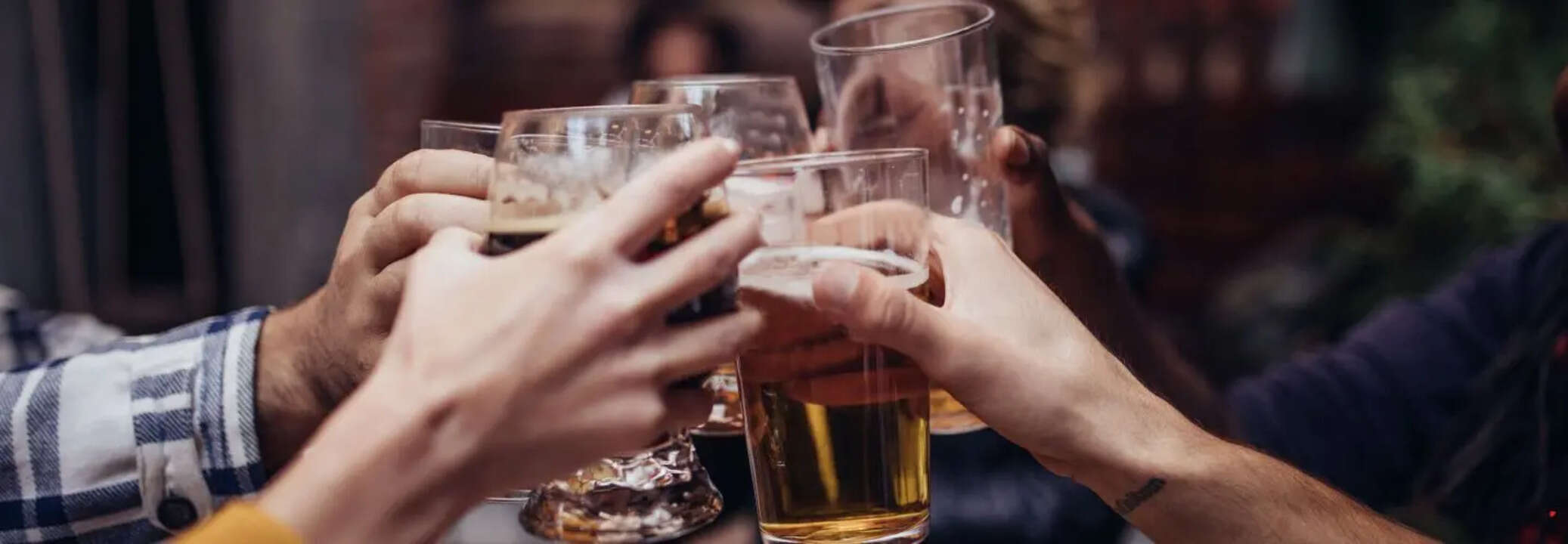Why Is Gen Z Drinking Less?

Gen Z drinking (Credit: Canva)
SummaryStatistics from the National Institute on Drug Abuse indicates that lifetime drinking, past month drinking and past year drinking among young people began to decline around the year 2000.
End of Article
